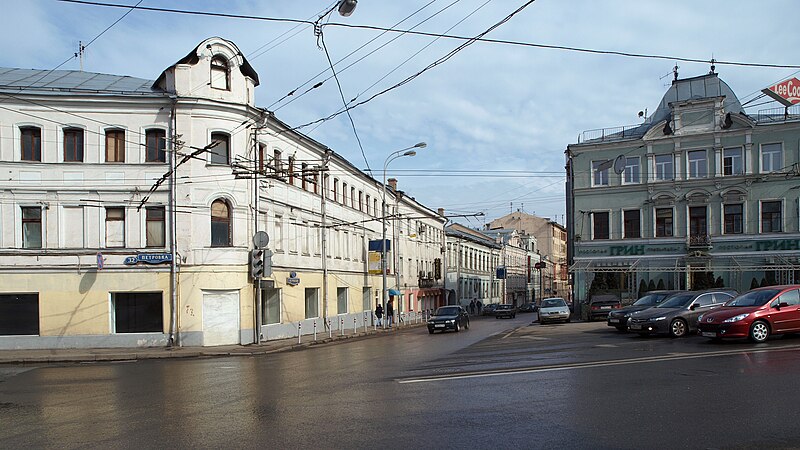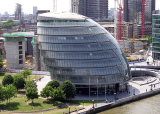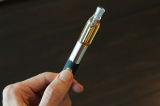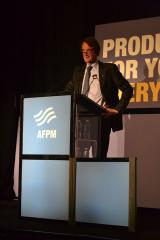
Despite widespread international sanctions against Russia following the invasion of Ukraine, British brands—such as Burberry, Rolls-Royce, Mothercare, and Land Rover—continue to find their
way into Russian markets. An investigation by the Mail has uncovered that many Western companies, although officially claiming to have halted operations, are still managing to sell their products in Russia through various loopholes.
Petrovka Street, a well-known location in Moscow, serves as an example of how sanctions may be more porous than expected. The street is not only home to police headquarters but also some of Moscow’s most upscale shops and restaurants. One such store belongs to the Italian luxury brand Brunello Cucinelli. Officially, like other Western brands, it is supposed to be closed. However, recent footage posted by Russian influencer Polina Pushkareva revealed otherwise. The store appears to be operating discreetly, showcasing its newest collections while keeping a "Closed" sign on its door. Pushkareva suggested that these brands may be selling "under the table," keeping their luxurious offerings available to the well-heeled Muscovites.
This is not an isolated case. Many well-known British and Western brands are similarly still available in Russia, sometimes through unofficial channels, and sometimes through rebranded stores.
Mothercare, another iconic British brand, ostensibly exited Russia in 2022, rebranding its stores as "Motherbear." However, an investigation revealed that Mothercare-labeled baby products remain available. The company claims the remaining stock is sold through third-party distributors, but the volume of goods in circulation raises questions about the completeness of their withdrawal.
German fashion brand Hugo Boss, which officially suspended its Russian operations, has also returned to the Russian market. New Hugo Boss stores have opened in major shopping malls, offering genuine merchandise, though without their signature suit range for now.
Burberry, another major British fashion house, has also been implicated in this continued market presence. Although it suspended its operations in Russia, the Mail found that a Burberry outlet in Moscow’s TsUM department store was still selling new collections. Burberry has pledged to investigate how their products are reaching Russian consumers despite their departure.
The lingerie brand Agent Provocateur, with more than a dozen stores in Russia, including prime locations in Moscow and St. Petersburg, remains highly popular, further highlighting the complexity of enforcing sanctions.
As this investigation shows, sanctions and corporate boycotts have not entirely severed Russia from Western luxury goods. Some companies are operating through loopholes or third parties, while others appear to be disregarding the restrictions altogether. Despite the international community's attempts to isolate Russia economically, demand for Western brands remains strong, and it seems that companies—whether directly or indirectly—are finding ways to meet it. Photo by user:NVO, Wikimedia commons.









































